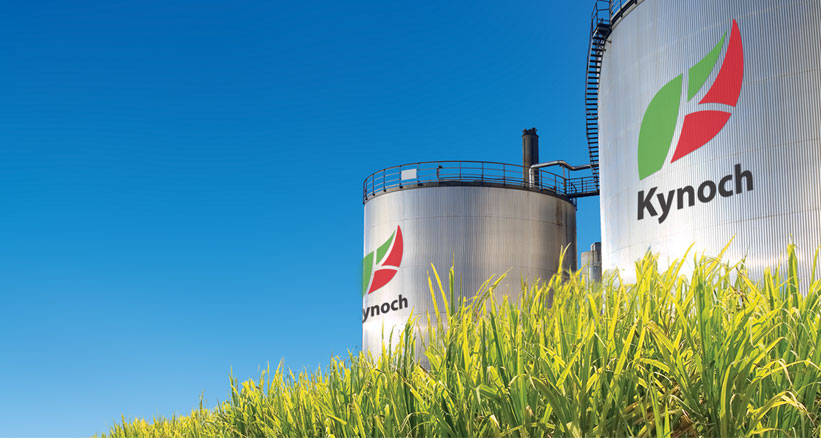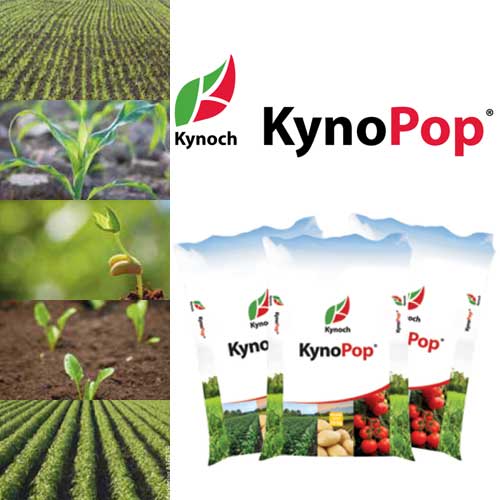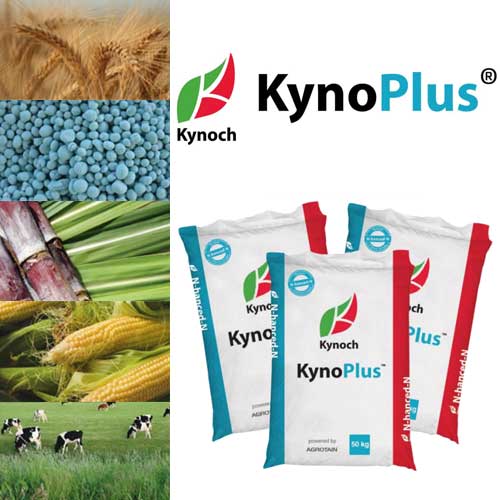
Some Guidelines for the Selection and Use of Soil Fertilizer
26/10/2021
Where to Buy Calcium Nitrate Fertilizer
17/12/2021Why the renewed Interest in Organic Fertilizers?
Anyone who studied chemistry in high school would be aware that the discipline has two main branches. One deals with compounds of metals such as copper, zinc and lead or non-metals like phosphorous and sulphur and is known as inorganic chemistry. The other branch deals exclusively with carbon compounds – the fundamental building blocks of all life on earth and essential to animal and plant nutrition. Recently, the drive to promote more sustainable farming practices has highlighted the benefits of organic fertilizer as an alternative to synthesised inorganic products.
The Past
After the carbon dioxide and water required for photosynthesis, nitrogen, phosphorous, and potassium are the three most essential plant nutrients. Once, these would have been derived from natural sources such as animal manure and rotting vegetation. However, as the demand for food crops increased, it became necessary to resort to manufactured alternatives. Unfortunately, synthesising suitable nitrogen compounds creates high levels of pollutants. Current concerns about atmospheric pollution and climate change have spurred conservationists to encourage farmers to resume using natural, carbon-based organic fertilizer wherever possible.
Creating a compost heap has long been a practical and economical option for the home gardener or the owner of a smallholding. Food waste, seaweed, coffee grounds, eggshells, and fish and bone meal are all rich in various plant nutrients and can be included in the heap. Unfortunately, this option would no longer be sufficient to meet more than a fraction of the nutritional requirements of today’s average commercial crop. So how can the owners of large farms hope to leverage the environmental benefits of organic fertilizer?
 The Future
The Future
Despite the many virtues of natural compost, it also has a couple of drawbacks. Although rich in plant nutrients, precisely which of these essential substances may be present and in what concentration remains unknown. It might lack a vital mineral or contain an excess of nitrogen compounds that could prove harmful to some plant species.
By processing natural, carbon-based materials rather than synthesising compounds, manufacturers can provide the hoped-for greener option. Furthermore, it becomes possible to control the composition of organic fertilizer and adjust it to meet the demands of individual species at various stages in their growth cycle. The manufactured products are offered in either granular or liquid form, which means it is much easier to apply them evenly than unprocessed compost.
Kynoch has been developing new and improved products to maximise crop yield and health for more than a century. Today, the company is continuing that tradition with its range of world-class organic fertilizers.





.png?v=1594369838025?v=1594369838026)